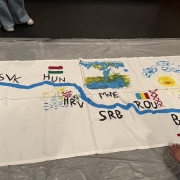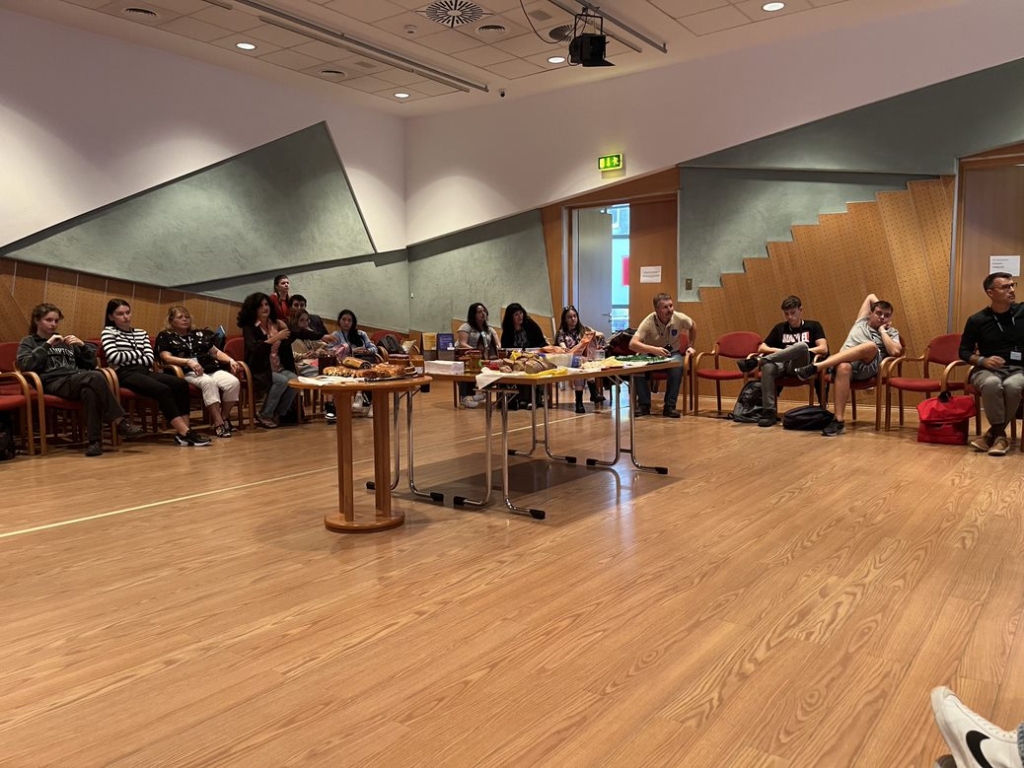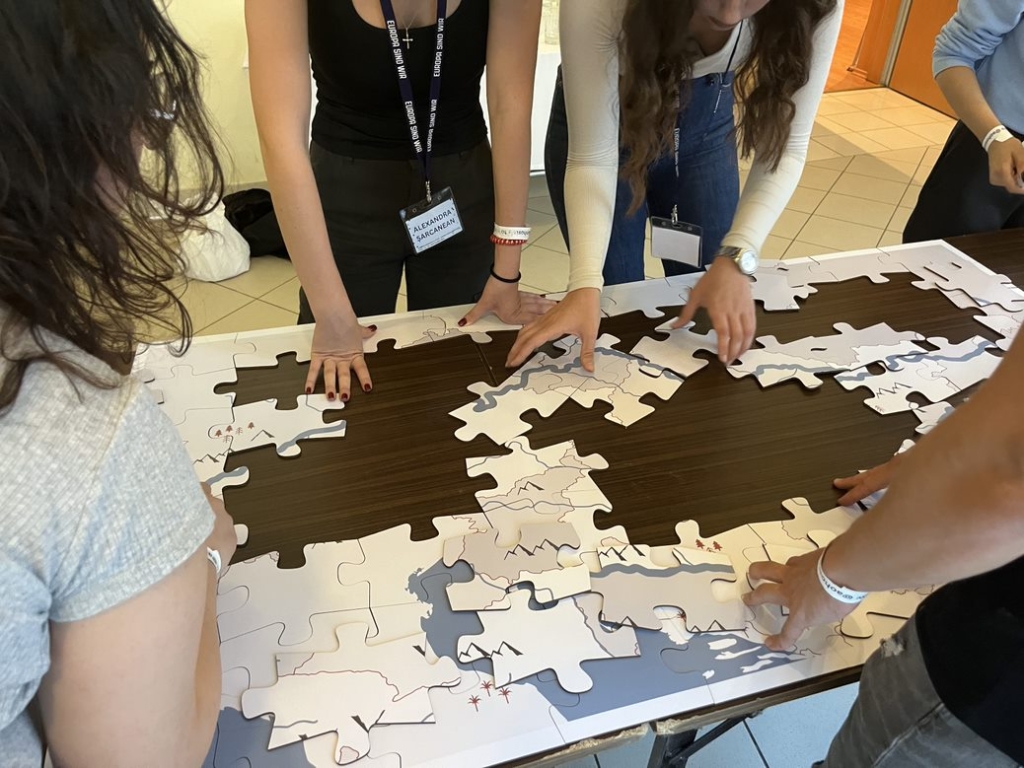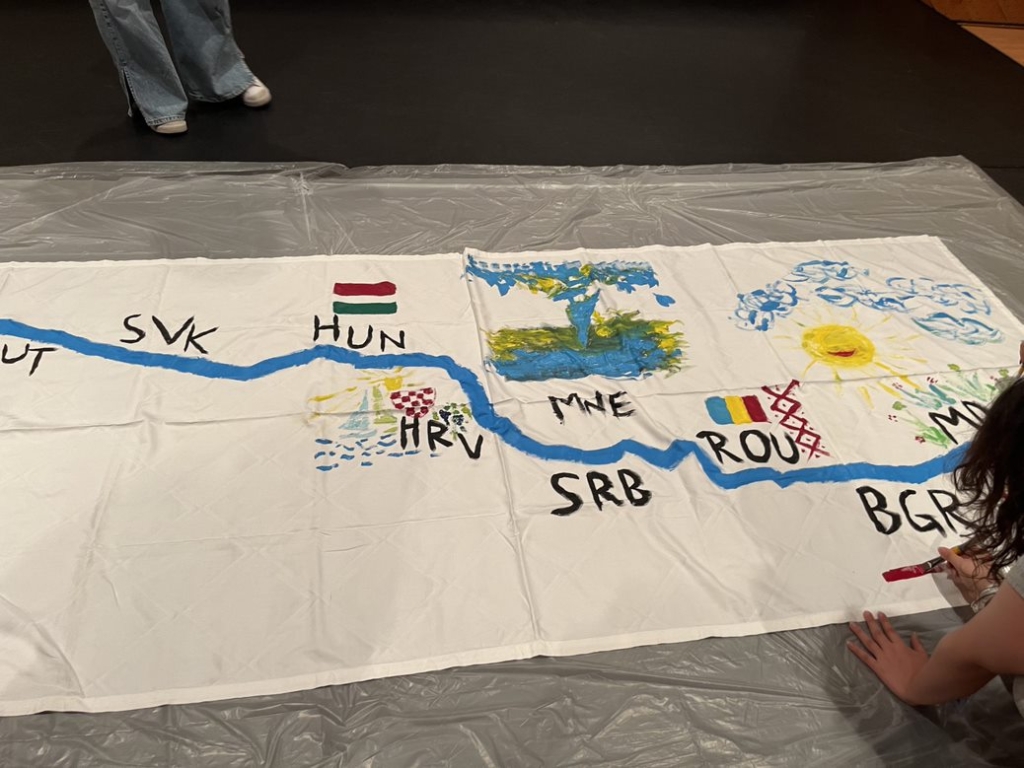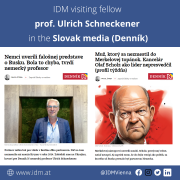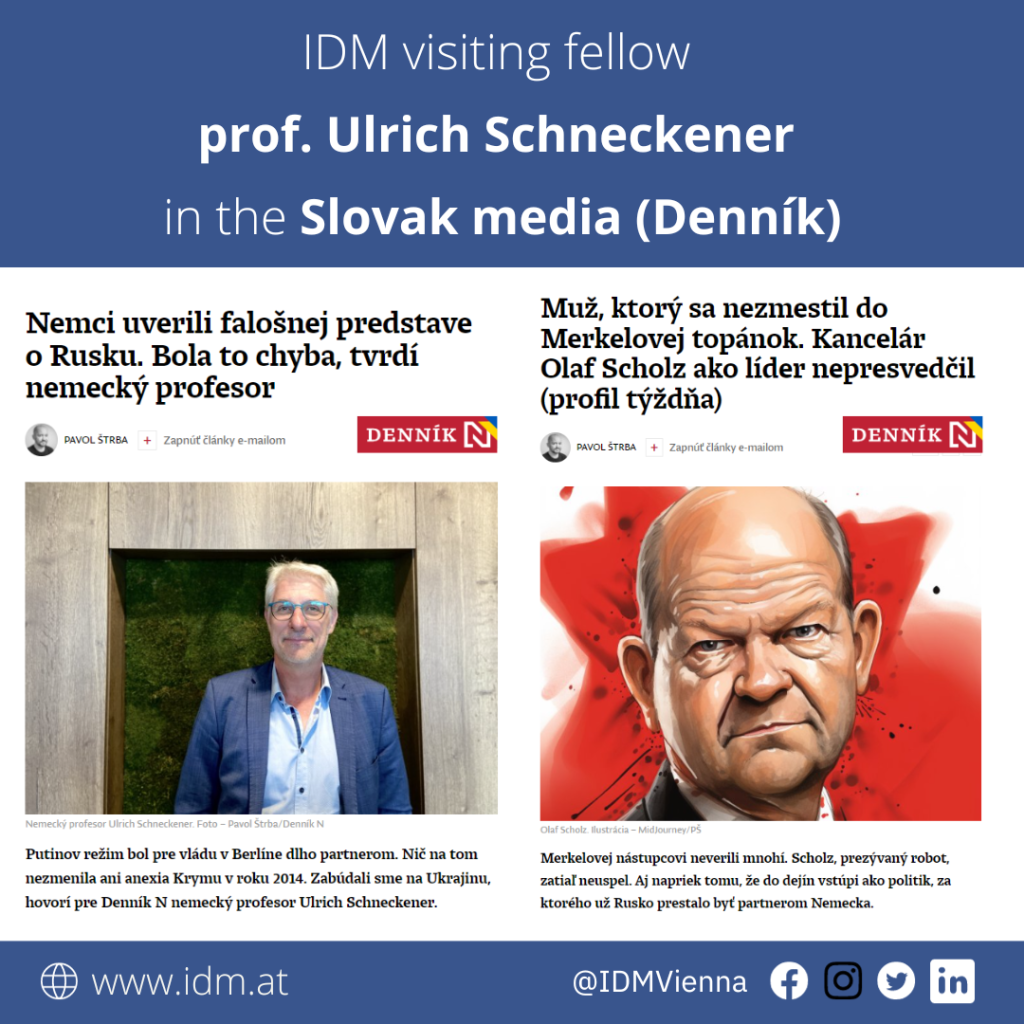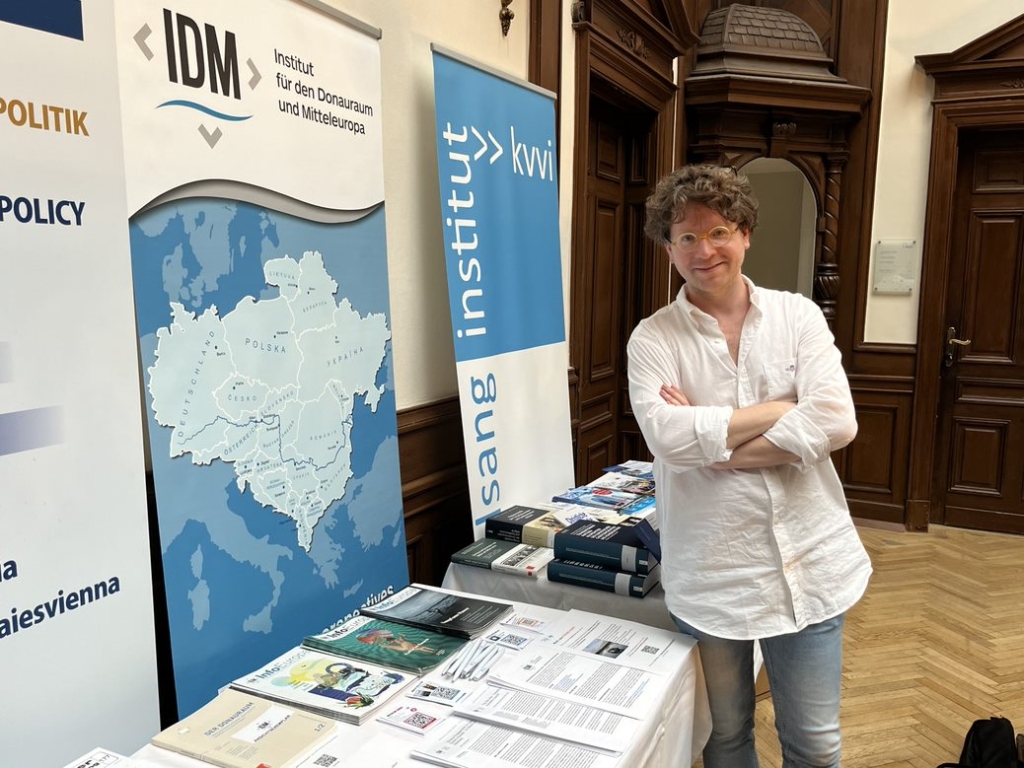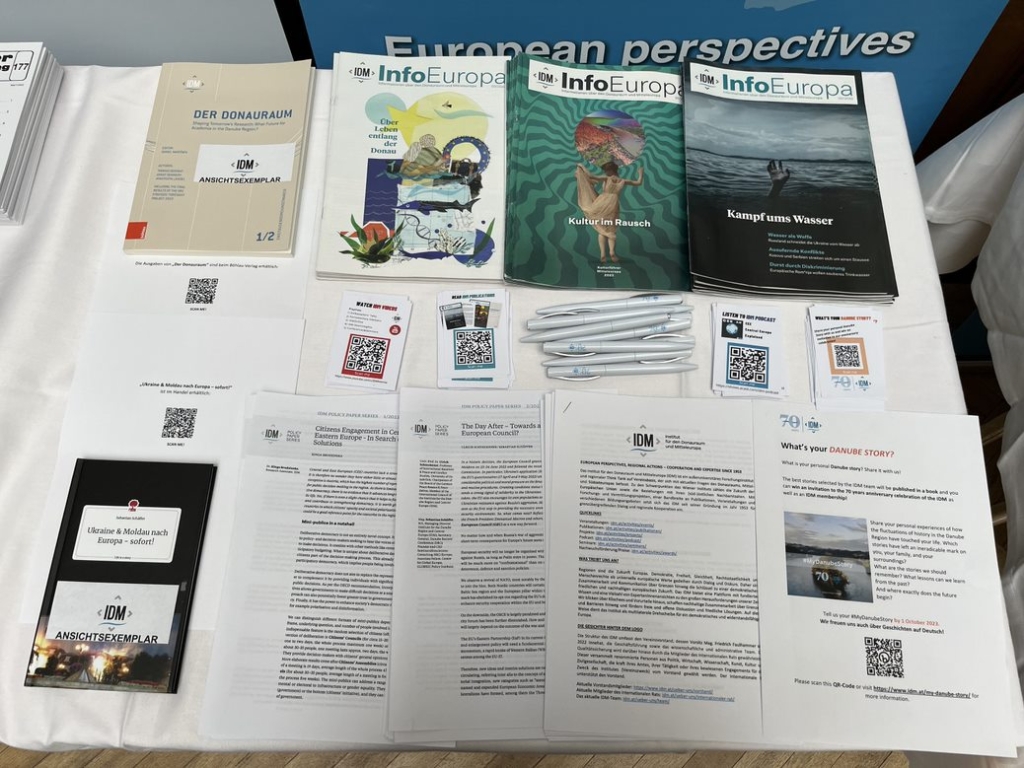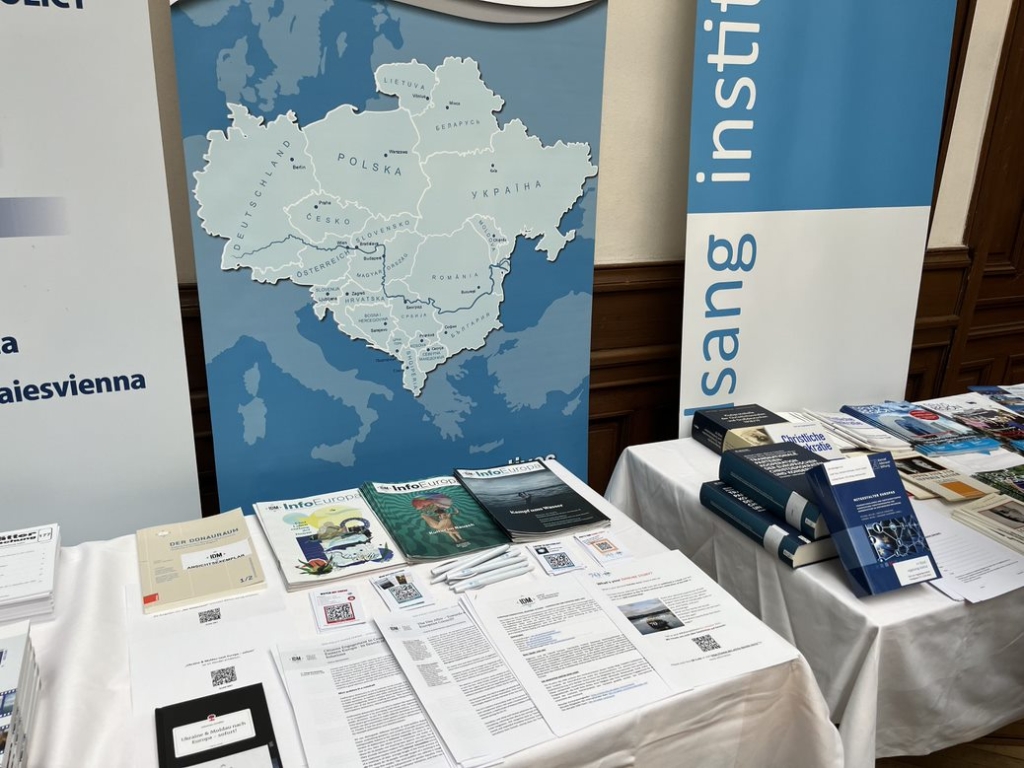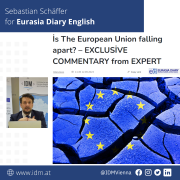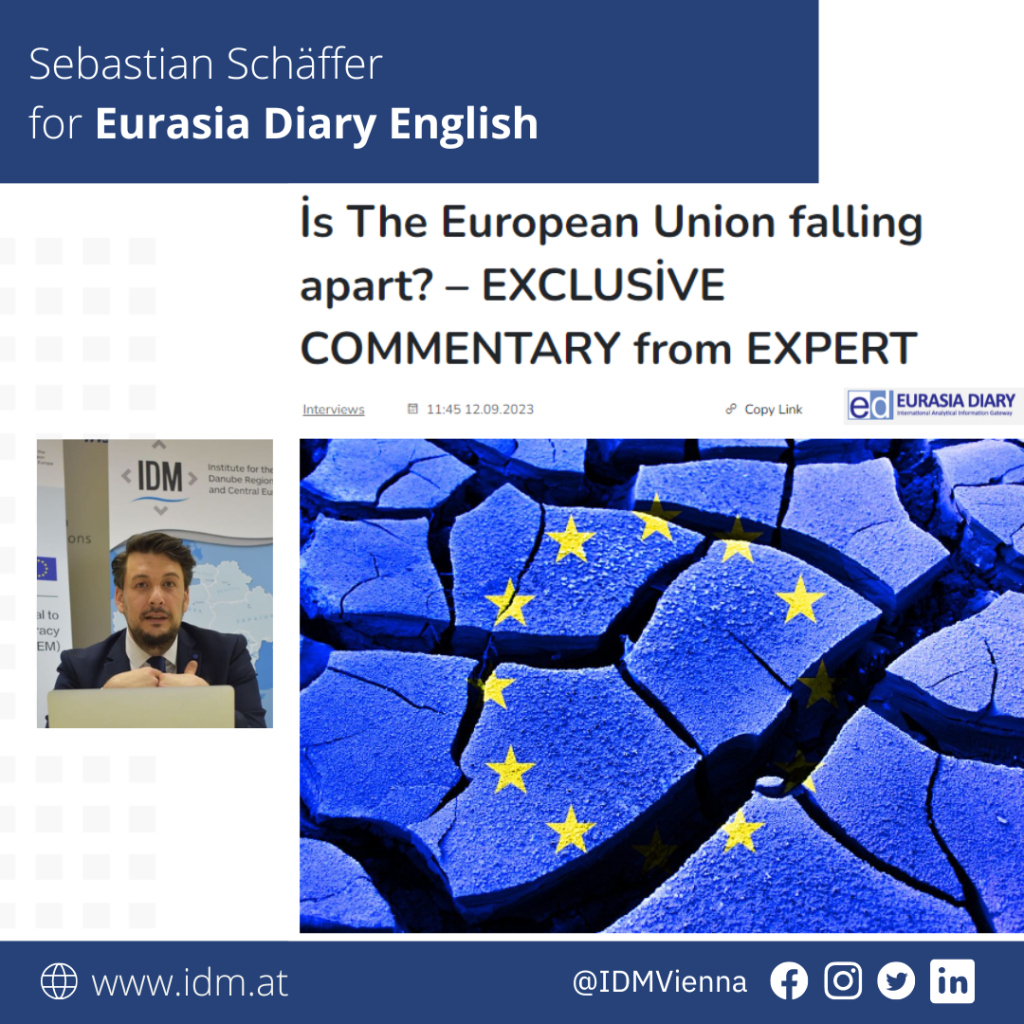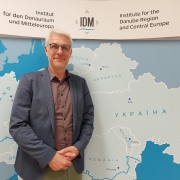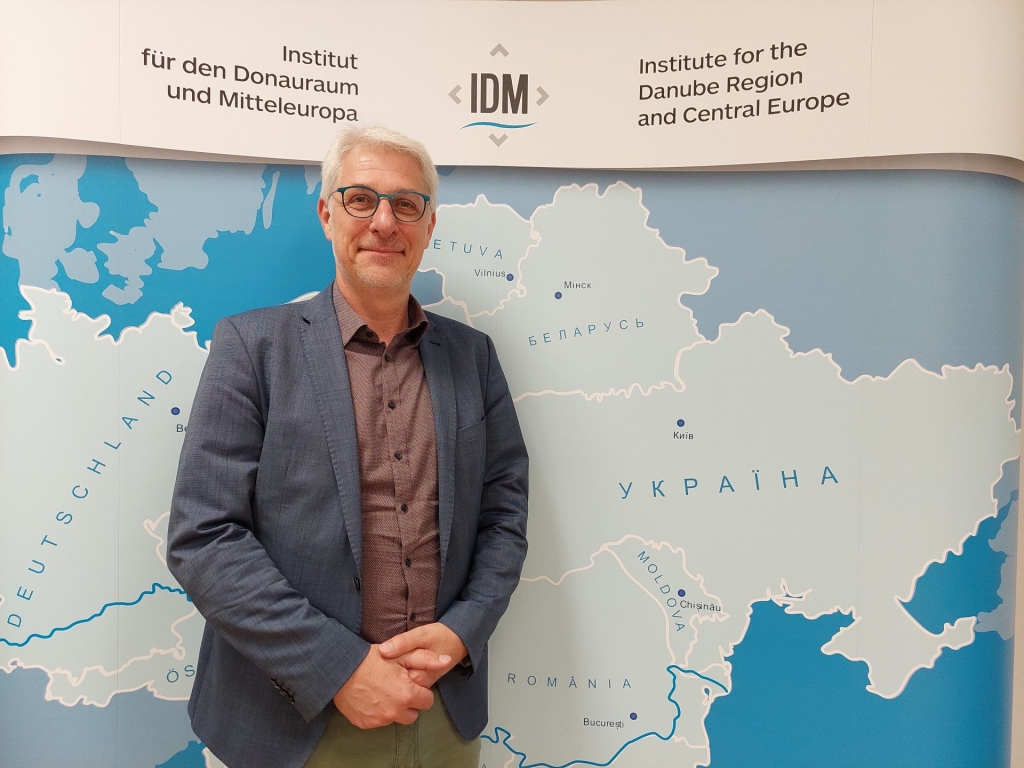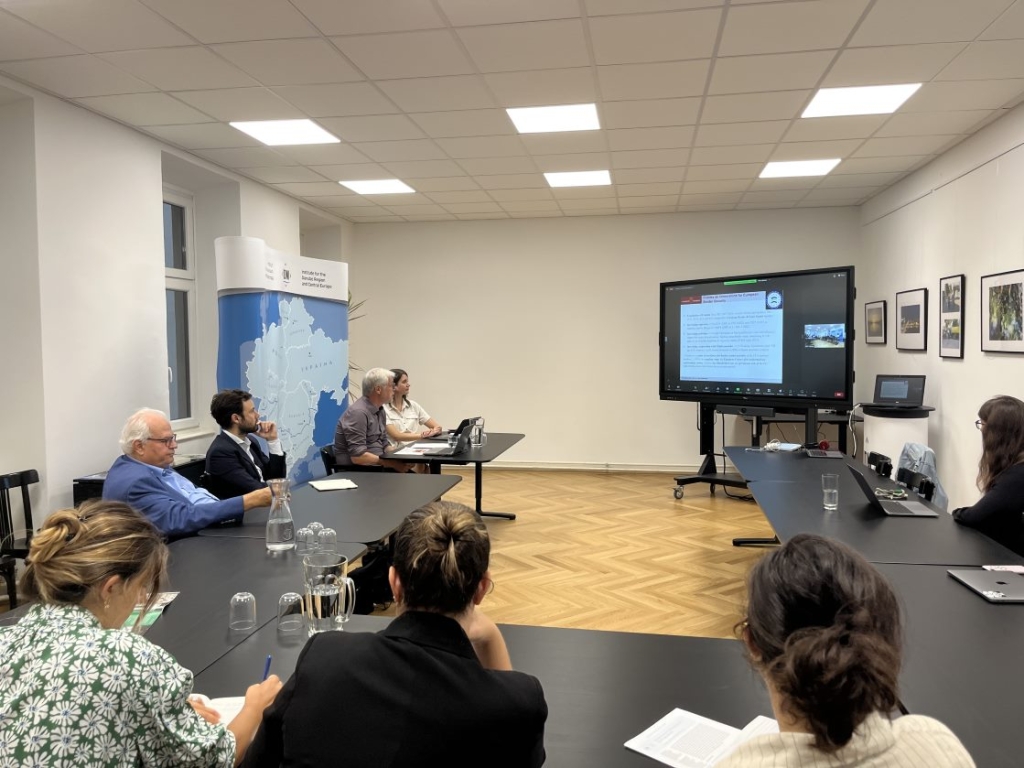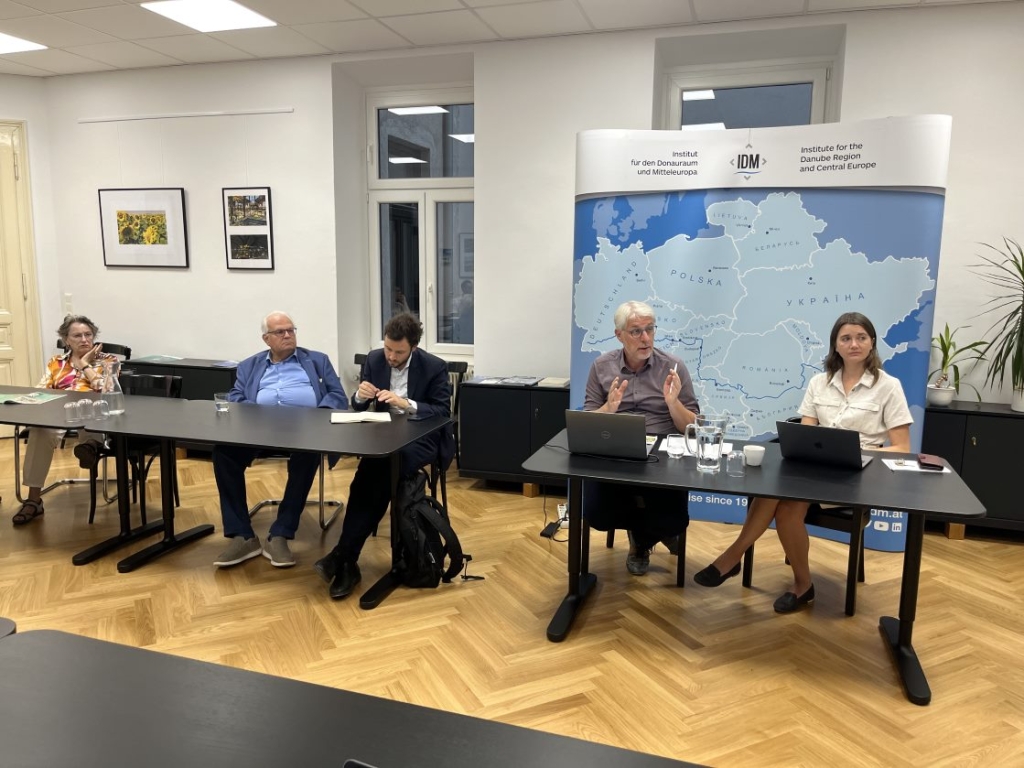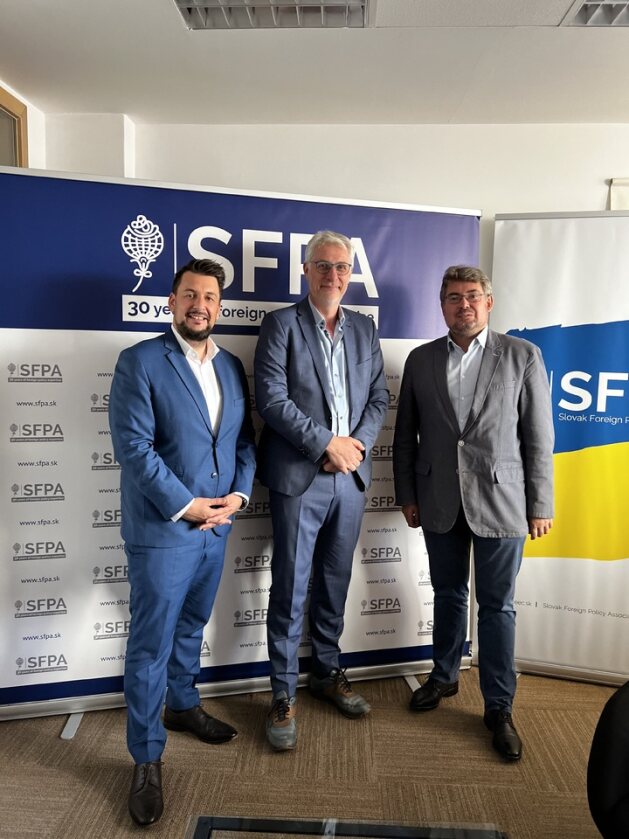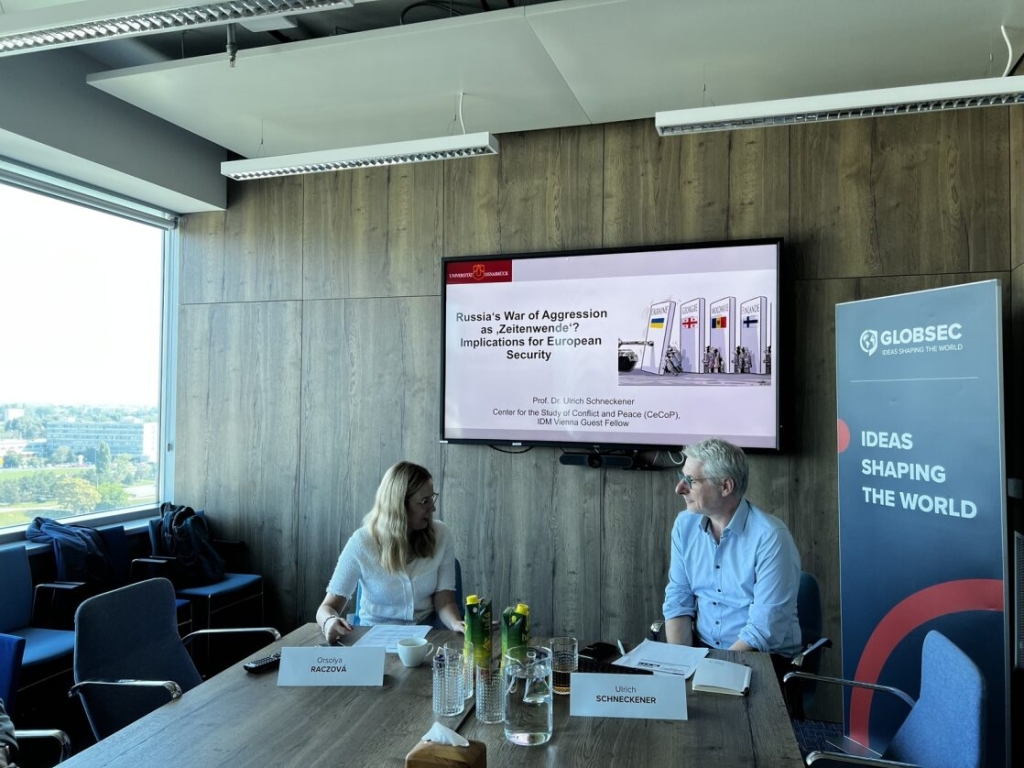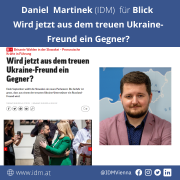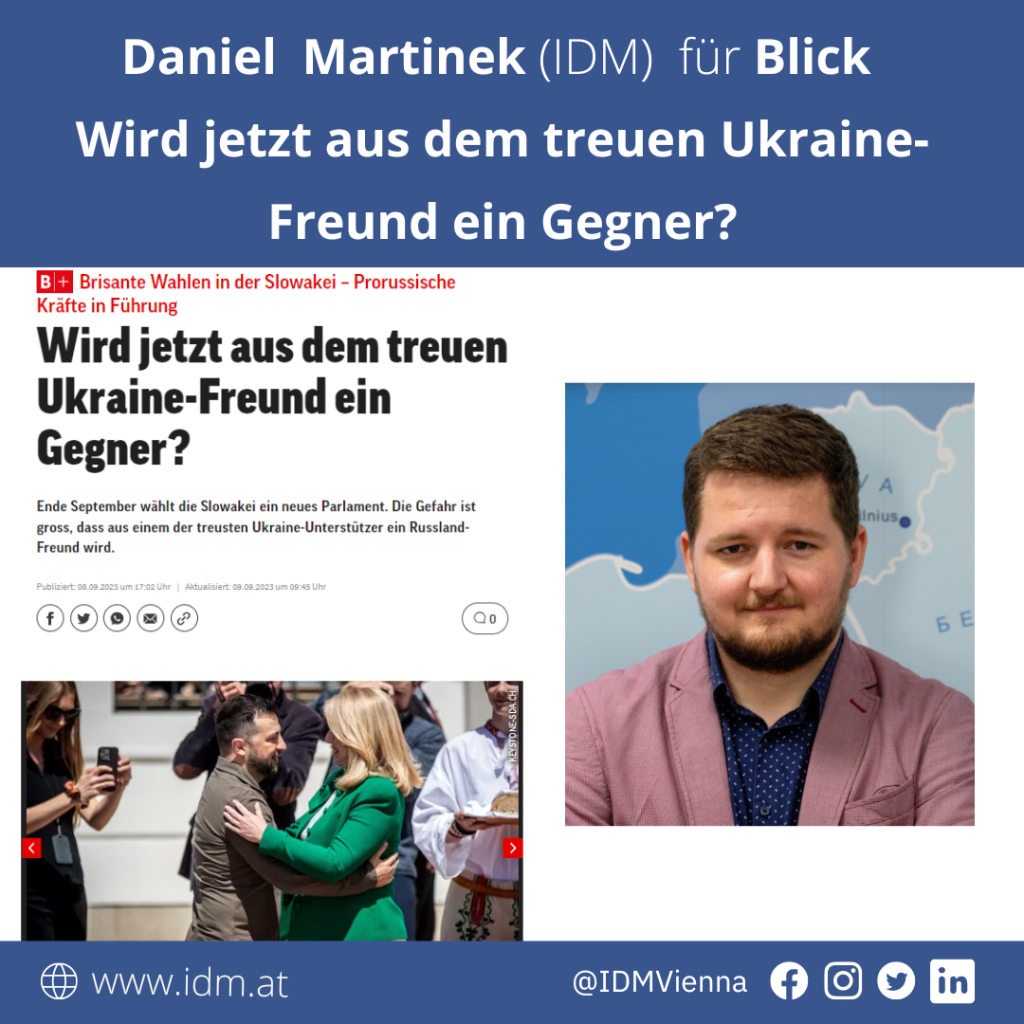The Danube Region is facing increased Russian missile strikes, posing a threat to the area’s stability, especially near the Romanian border. NATO has been briefed on the situation but found no evidence of deliberate Russian aggression against allied territories. Romania can invoke Article 4 of the NATO Treaty for consultations. Romania’s Ministry of Defense is prepared to respond to an attack on its soil, but invoking Article 5 is not automatic. Rather than blaming Romania for its proximity to targets, the focus should be on condemning Russia’s attacks and understanding their broader implications, including the weaponization of food.
Transcript:
The Danube Region has come under direct attack. Following Moscow’s withdrawal from the Black Sea grain deal, Russian missile strikes targeting Ukrainian ports along the Danube River have significantly increased over the past weeks. The Kremlin is once again threatening the civilian population and risking the region’s safety and stability, as the attacks are happening close to the Romanian border, an EU and NATO member state.
Dylan White, the acting spokesperson for NATO, disclosed this week that Romania’s ambassador has briefed the alliance about the drone fragments that have been found. He emphasized that there is no evidence suggesting any deliberate aggression by Russia against allied territories. However, Romania retains the option to invoke Article 4 of the NATO Treaty, which calls for collective consultations among member states to safeguard political independence, territorial integrity, and overall security.
The Ministry of Defense of Romania has asserted that should an attack occur on Romanian soil, the country’s armed forces are fully prepared to respond appropriately. This doesn’t necessarily mean further escalation, as some observers are suggesting. Invoking Article 5, the core of the alliance’s collective defense, is no automatism. Following an attack, the NATO state first has to decide whether or not to ask for support and the response taken is then determined by all members.
Rather than fearing an Article 5 scenario – so effectively blaming Romania for their border being too close to militarily irrelevant targets – we should ultimately be much more concerned about the Russian Federation’s continued heinous attacks, deliberately causing civilian casualties. We need to understand that Putin is taking all of these factors into account, including the further weaponizing of food against the weakest parts of global society.



